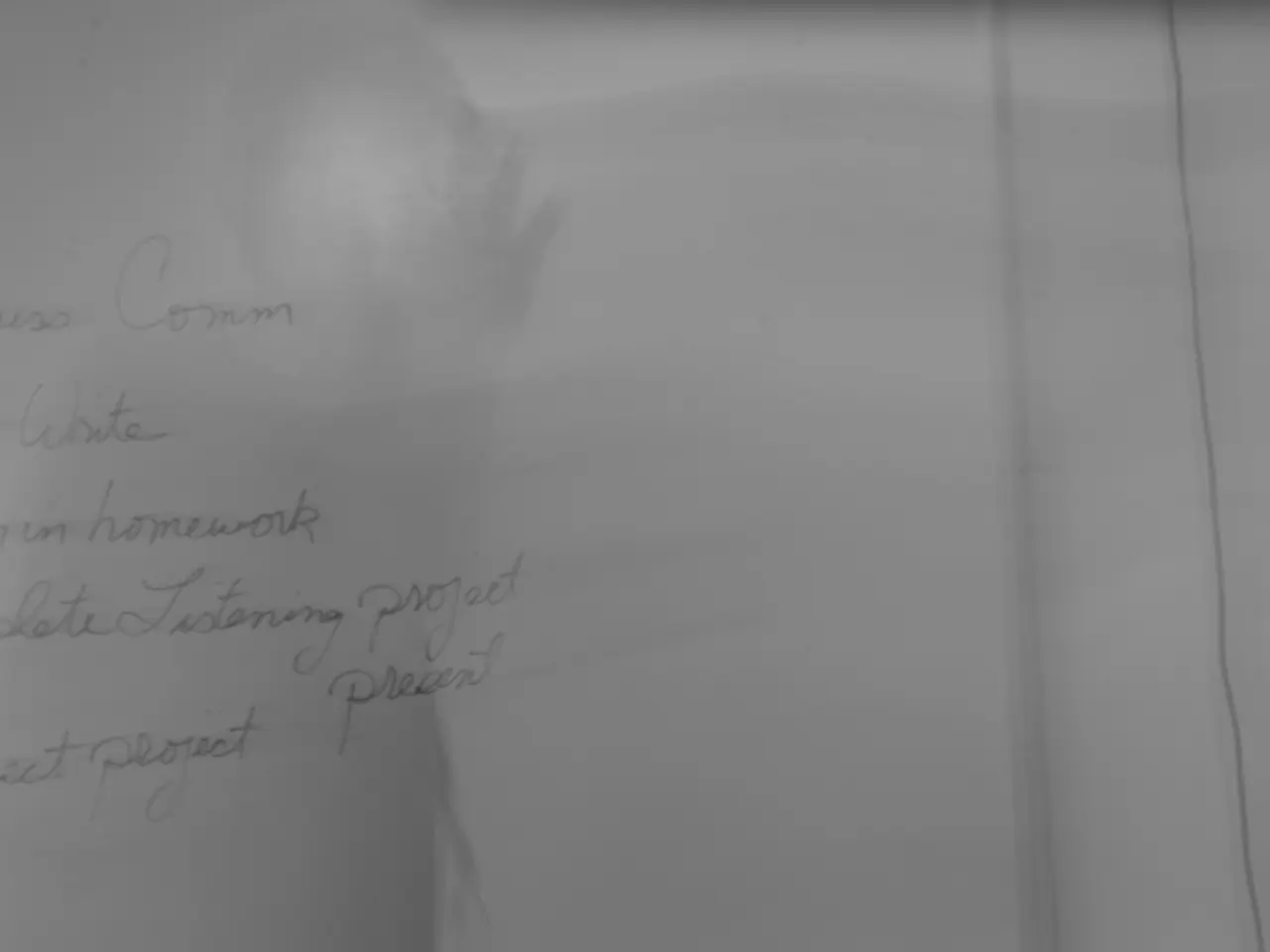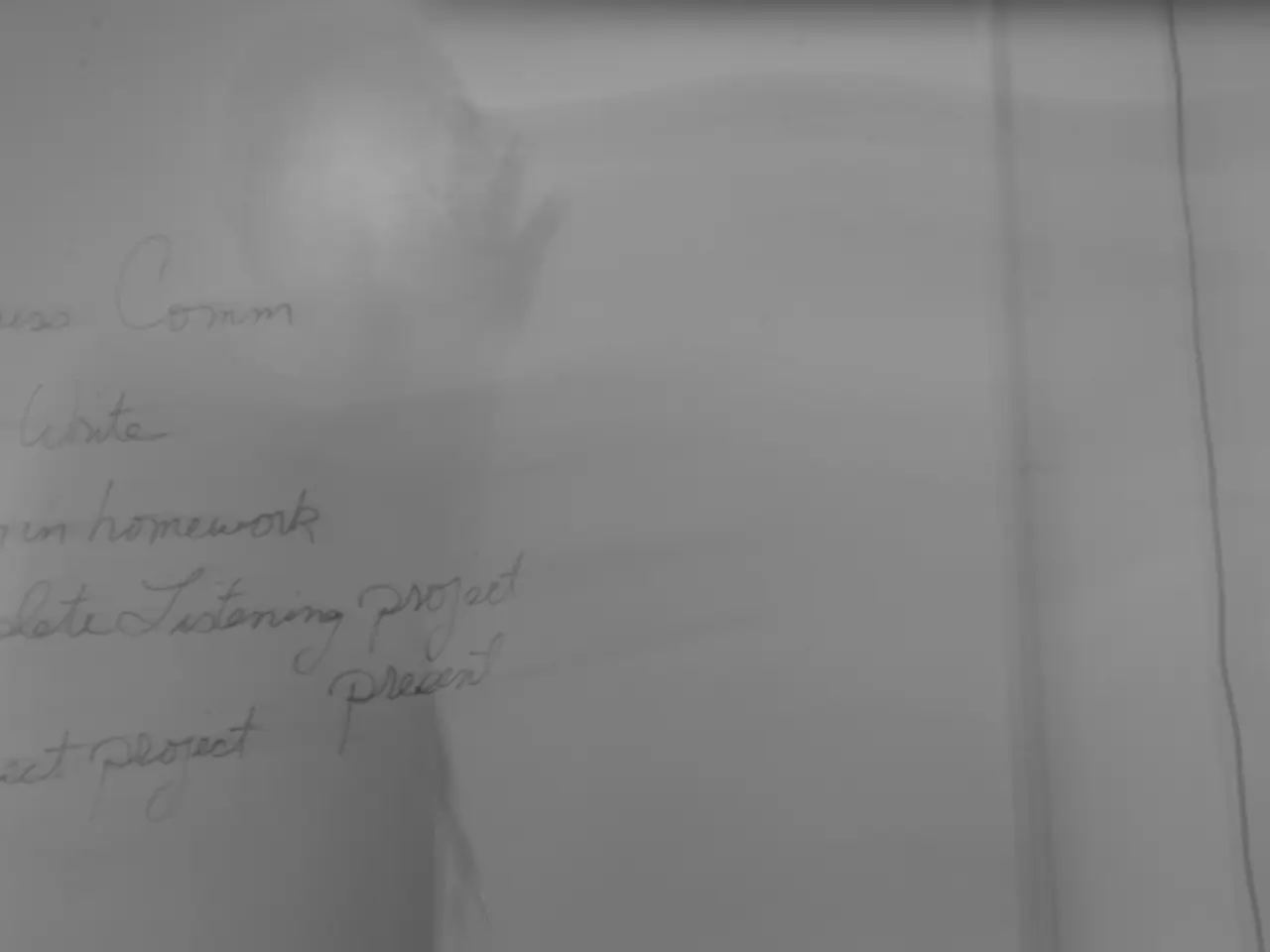VW Factory Sizzling: Impact Already Surfaces
In the heart of Germany, Saxony's southwest region is grappling with economic changes, particularly in its automotive industry hub, Zwickau. With around 9,700 people unemployed in the Zwickau district as of June, and Volkswagen cutting back production at its E-car factory due to overcapacities at its German sites, the region is looking to the future with a focus on economic diversification.
The district administrator, Carsten Michaelis (CDU), has suggested arms production as a potential solution to maintain jobs and prosperity. However, the proposed strategies for economic diversification involve coordinated planning and investment to transition from traditional industrial dependence towards greener and more sustainable economic activities.
The region aims to diversify its industries beyond the automotive sector, with potential industries for the special economic zone including defense, information and communication technology, artificial intelligence, mobility, recycling, and robotics. This approach is reminiscent of regions like Asturias in Spain, which are implementing targeted support measures to promote a greener economy.
The challenges in attracting new companies and maintaining jobs are numerous. Competition with other regions and the need for targeted support and incentives are key hurdles. Additionally, managing the transition fairly to protect workers and communities from job losses while promoting new industries is a delicate balance. Diversifying supply chains and enhancing resilience are essential strategies to maintain economic stability and leadership.
The unemployment rate in the Zwickau district has risen from 5.1% to 6.0% within a year. Production at the Volkswagen plant in Zwickau is planned to be on only one production line instead of two. Without countermeasures, a clearly double-digit unemployment rate threatens in the region.
To address these challenges, a task force of regional actors proposes a special economic zone to attract new companies. The region plans to lobby the federal and state governments for special incentives for structural change. A special coordinating body will be set up for this purpose, with plans to reduce regulation and bundle initiatives.
As the region navigates these changes, the head of the Zwickau job center, Andreas Fleischer, reports fewer open positions and businesses being more cautious about training. The uncertainty in the automotive industry has sparked discussions about the region's future.
An example of a successful transition can be found in Görlitz, where an arms company is taking over a wagon factory to build tank parts. This transition, while not without its challenges, offers a glimmer of hope for the future of Saxony's southwest region.
[1] Asturias' Green Transition: Lessons for Saxony's Southwest Region. (2022). Retrieved from [link]
[2] Navigating Industrial Transformations: The Case of Saxony's Southwest Region. (2022). Retrieved from [link]
- Recognizing the need for economic diversification, the regional task force proposes the establishment of a special economic zone in the heart of Saxony's southwest district, attracting new industries like defense, information and communication technology, artificial intelligence, mobility, recycling, and robotics to offset the decline in the automotive industry.
- The finance sector plays a crucial role in securing investment for these new industries and supporting the regional transition by lobbying for special incentives from both the federal and state governments to stimulate structural change.
- As transportation is essential for connecting industries, the region should focus on developing its transport network to ensure the success of the new industries in the special economic zone, fostering a sustainable and competitive industrial landscape.




